The corpse of British journalist Syed Taalay Ahmed who was killed by suspected armed robbers while filming a documentary in Northern Ghana will be flown home on Wednesday, September 1.
Ahmed, 31, hailed from Hartlepool in the northeastern parts of England. He was a journalist with the Muslim Television Ahmadiyya (MTA) Network.
He is said to have left behind a wife and two children.
According to his employer, the documentary Ahmed shot in Ghana was meant to highlight the charity works conducted by the Ahmadiyya Muslim community.
Meanwhile, former President John Mahama has called on President Nana Addo Dankwa Akufo-Addo to intensify efforts in tackling the seemingly growing trend of robberies and killings in the country.
The former president hoped that a quick solution to the problem will enable Ghanaians and foreigners in the country, including investors, to feel safe in carrying out their daily and economic activities.
His call comes in the wake of a number of recent robberies and murders, particularly the killing of Ahmed on the Kintampo-Tamale-Buipe highway, last Monday.
“We call on the Akufo-Addo/ Bawumia government to take urgent steps to address the deteriorating security situation in the country so that our people can feel safe to go about their daily activities,” Mr Mahama said.
His comment was contained in a statement issued on his behalf by his Special Aide, Joyce Bawah Mogtari, on Sunday, August 29.
“It is truly ironic that a journalist working on a documentary on peace and security should die from an incident of highway robbery, which has become symptomatic of the violent crime currently consuming our country,” Mr Mahama stated.
“The now rampant criminal activity of armed robbers in the northern parts of the country is a cause for great concern, as they are fast becoming a daily occurrence.
In recent times, these armed robbers have become so emboldened that they not only terrorise road users in the night but in the daytime as well,” he noted.
The former president said that in his recent tour of the five regions in the north of the country, the chiefs, stakeholders, opinion leaders and religious leaders mentioned insecurity on the highways as one of the key matters of concern.
As such, he said, it has become important to further echo his call on the government to urgently address the “worrying development.”
He also touted the work of the police, saying, “despite the low morale of many of our police personnel due to the lack of adequate crime-fighting logistics, the Ghana Police Service remains one of the best in Africa.”
He then called on the president to make provisions to further strengthen the police service, noting that, “when given all the support, (the police) can secure our highways and ensure security for all our people.”
The Ghana Police Service has said four suspects have been arrested for their alleged involvement in robbery and murder cases on the Kintampo-Buipe-Tamale Highway.
The four, Saaju Bukari, Bertor Saabi, Ali Amadi and Isaad Seidu, were arrested following an intelligence-led operation conducted by the Special Anti-Robbery Task Force.
The operation also resulted in the killing of two robbers, Hamidu Umaru and Haadu, after they exchanged gunshots with the Police Intelligence and Operational Teams.
A statement issued by the police said preliminary investigations suggest that the suspects were behind many robberies including the killing of Syyed Taalay Ahmed in an incident, which saw another victim, Omaru Abdul Hakim attacked by the robbers.
The two were joined by the driver of their Toyota Hiace with registration number GT 7405-16 to the Buipe Polyclinic.
However, due to the severity of the injuries, they were all transferred to the Tamale Teaching Hospital, where Taalay was pronounced dead.


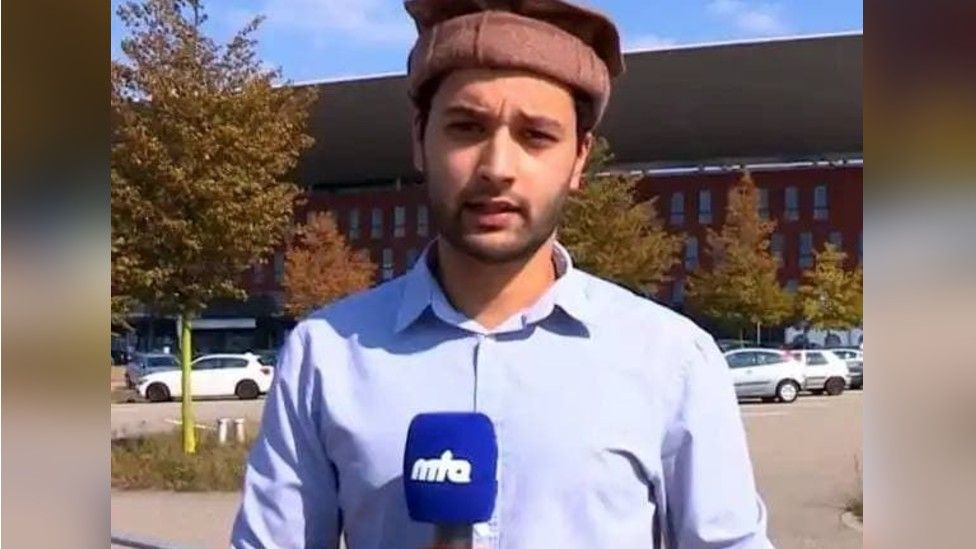


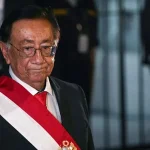







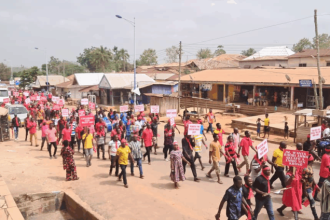

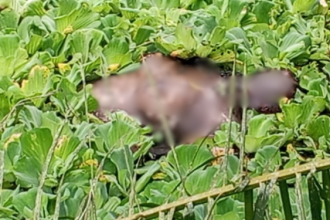
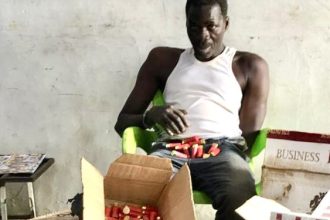
We are too soft on crime. We need to try these monsters and execute them as fast as possible. We have the case of a suspect in the murder of an MP going on for about 6 years. If we don’t have enough evidence, why still keep him? If there’s evidence, what is preventing us from convicting him? We need to make up as a country!